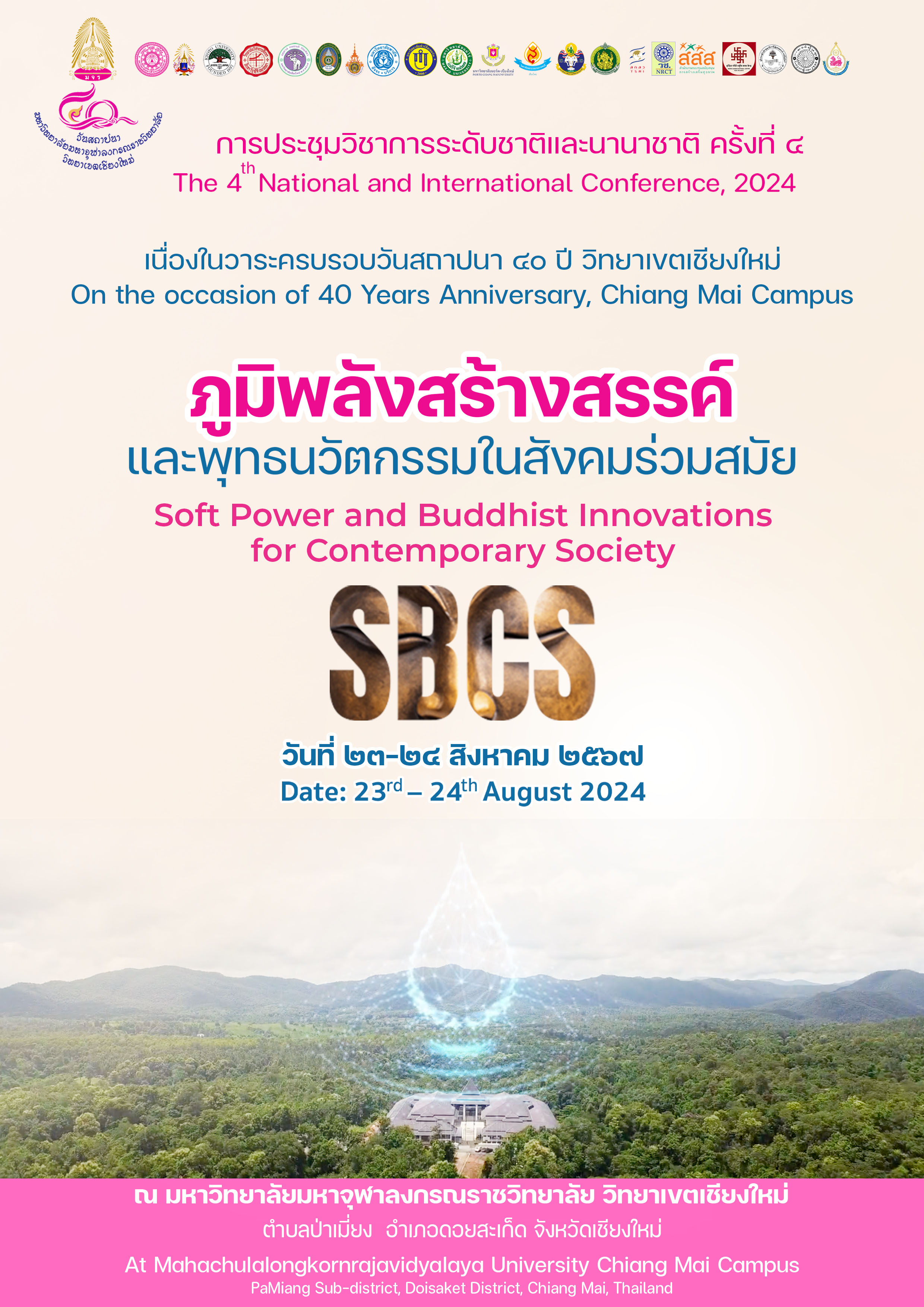Sayings Without Meaning: A Hermeneutical Approach To Absolute Truths In Heidegger’s Beiträge And Śaṅkara’s Brahmasūtrabhaṣya
Abstract
In this paper I will focus on Heidegger's a theory of a primordial truth that claims to precede any theory of knowledge and truth, and explore the function and scope of a concept of machination as a pervasive distortion of our sense of reality. A primordial, as articulated in Heidegger's 'Contribution to Philosophy (of the event)', can only be as an appropriating event through a break with metaphysical thinking. We will explore this event, through an understanding of Śaṅkara’s concept of superimposition, and the subsequent advaitic school of Bhāmatī which addresses the problem of agency. This provides us with a tool to engage in reflection of methods, language, and the nature of understanding. Can we actually anticipate an event that might never happen? Is it possible to understand a speech of a text, which has no speaker and no intended listener?

